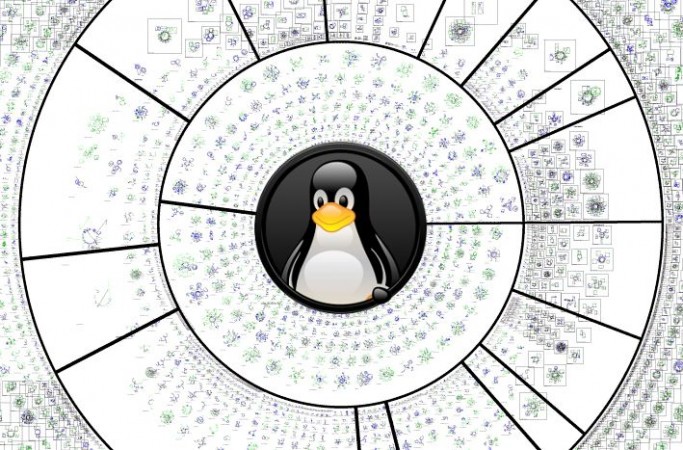
Linux, an open-source operating system, has gained immense popularity due to its flexibility, security, and vast community support. One of the strengths of Linux is the availability of various distributions, each catering to different user needs and preferences. In this article, we will delve into the world of Linux distributions, focusing on three of the most popular variants: Ubuntu, Fedora, and CentOS. We will explore the features, use cases, and unique characteristics that make each distribution stand out. So, let's dive in!
1. Understanding Linux Distributions
Before we explore the specific variants, it's essential to grasp the concept of Linux distributions. A Linux distribution is an operating system that includes the Linux kernel, system utilities, software packages, and a graphical user interface. Different distributions package these components differently, leading to a wide array of choices for users.
2. Ubuntu: Simplicity and Accessibility
Ubuntu, developed by Canonical, is one of the most well-known and widely used Linux distributions. It is renowned for its user-friendly interface and focus on ease of use. Ubuntu provides a vast software repository, allowing users to access a plethora of applications effortlessly.
2.1 Ubuntu Features
2.2 Use Cases for Ubuntu
3. Fedora: Innovation and Cutting-Edge Technology
Fedora, sponsored by Red Hat, is a community-driven Linux distribution known for its focus on innovation and the integration of the latest technologies. It serves as a testing ground for Red Hat Enterprise Linux (RHEL), providing users with a glimpse of upcoming features.
3.1 Fedora Features
3.2 Use Cases for Fedora
4. CentOS: Stability and Reliability
CentOS, short for Community Enterprise Operating System, is a Linux distribution based on RHEL's source code. It is renowned for its stability, reliability, and long support cycles.
4.1 CentOS Features
4.2 Use Cases for CentOS
Linux distributions, with their diverse features and capabilities, cater to a wide range of user needs. Ubuntu, Fedora, and CentOS represent the tip of the iceberg when it comes to the variety of Linux distributions available. Whether you seek simplicity, innovation, or stability, there is a Linux distribution that fits your requirements perfectly.
Israeli Military Combatives: Techniques Developed for the Israel Defense Forces (IDF)
Invisible Solar Cells: The Evolution of Transparent Photovoltaic Technology for Window Integration